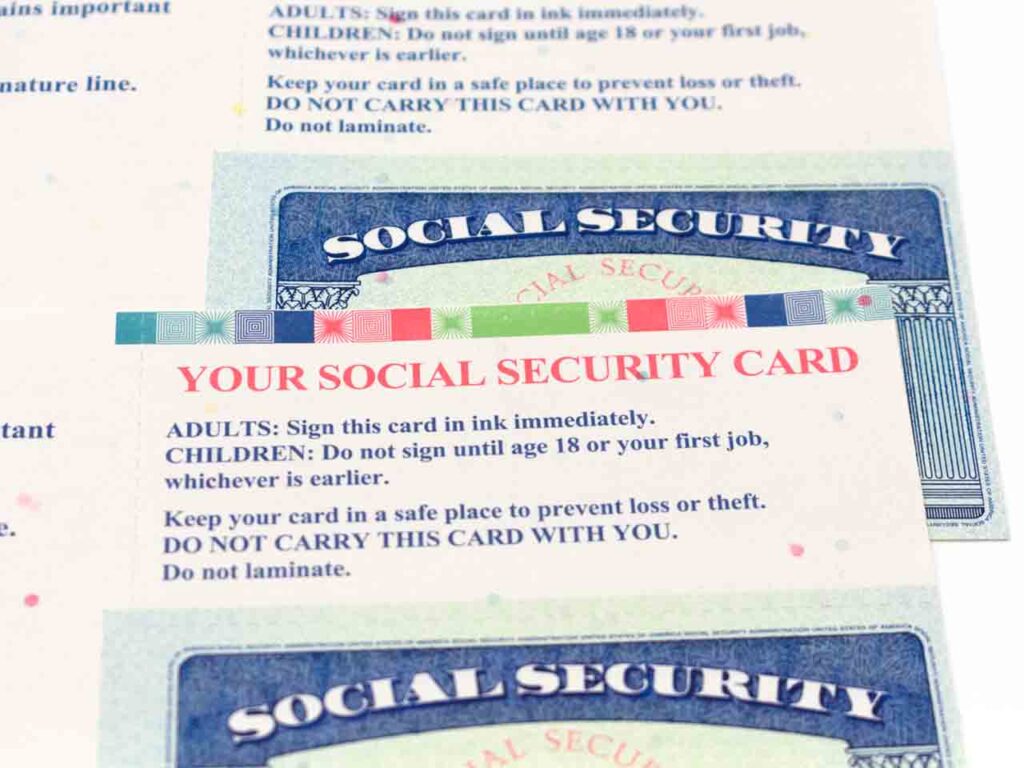In today’s world, our cellphones are more than just communication devices; they’re extensions of ourselves. However, an alarming report from the University of Toronto’s Citizen Lab, dated October 26, 2023, highlights certain vulnerabilities tied to these devices, particularly concerning cellphone roaming technologies. Here’s a simplified breakdown of what this means for the average cellphone user.
What Is Cellphone Roaming?
When you travel from one place to another, especially across regions or countries, your cellphone must maintain a stable connection to give you uninterrupted service. This is where roaming comes into play. Imagine you’re on a phone call while driving from one city to another. As you move away from one cellular tower and approach another, especially if they belong to different service providers, your phone doesn’t drop the call. Instead, it “hands off” your connection to the new tower, allowing you to continue your conversation seamlessly.
Stay One Step Ahead of Cyber Threats
So, What’s the Problem?
This ability of cellphones to switch between towers and networks is indeed a technological marvel, but it’s not without its issues. When your phone makes this switch, it sends out a message about where precisely you are to make the transition smooth. But here’s the catch: these messages, intended for genuine service, can be manipulated. Malevolent actors, ranging from fraudsters to governments, can misuse this system to pinpoint your location without your knowledge or consent.
The IP Exchange Network
To understand this further, consider the IP Exchange (IPX). In simple terms, IPX is like a grand switchboard that over 750 mobile networks from 195 countries use to exchange data about their users. This ensures that wherever you go, your mobile service remains consistent. However, this system has been identified as a potential vulnerability. Telecom companies can provide access to the IPX to other entities, who in turn can lease this access further. This chain of access can be exploited by surveillance actors, essentially giving them a “backdoor” to track users.
Real-World Consequences
Citizen Lab’s investigation unveiled several instances where this vulnerability was exploited. For example, in Vietnam, there was a large-scale operation that used these roaming vulnerabilities to track African cellular customers for a span of seven months. And it’s not an isolated incident. Other countries like Chad, the Democratic Republic of the Congo, India, Iceland, Sweden, and Italy have been flagged for similar surveillance operations.
The Bigger Picture
What makes this revelation more pressing is the broader backdrop of global telecommunications. The laid-back approach to oversight, combined with inadequate security standards and little to no regulatory action, creates a fertile ground for these breaches. While the world has been busy debating the potential surveillance threats of technologies from companies like Huawei, it seems we’ve overlooked vulnerabilities much closer to home.
"Amateurs hack systems, professionals hack people."
-- Bruce Schneier, a renown computer security professional






